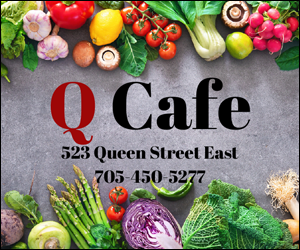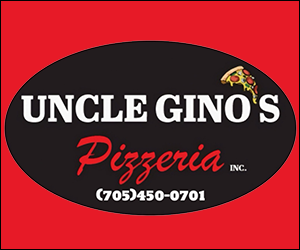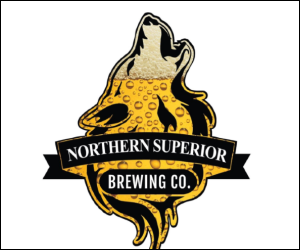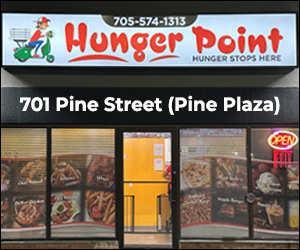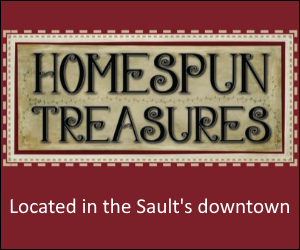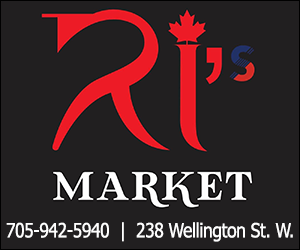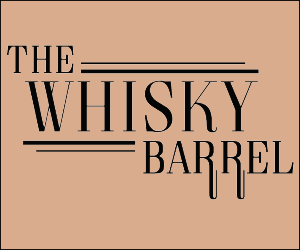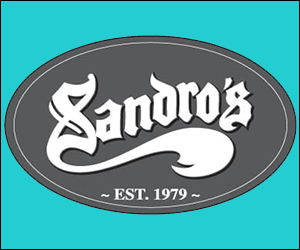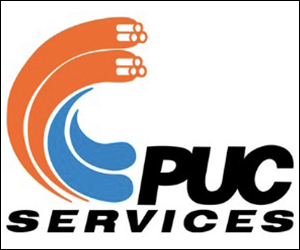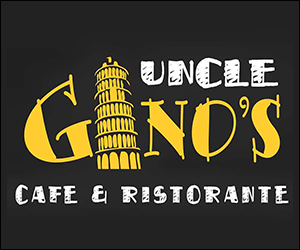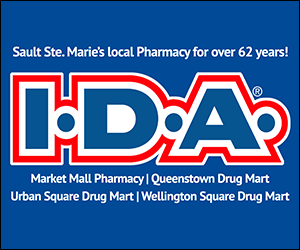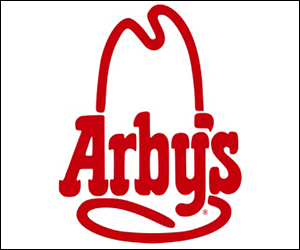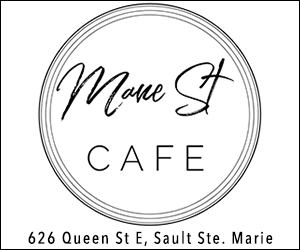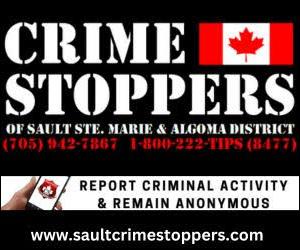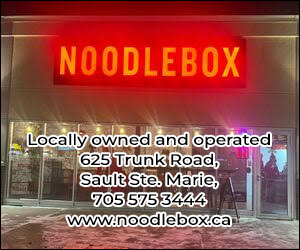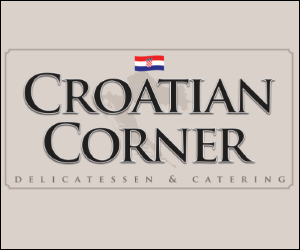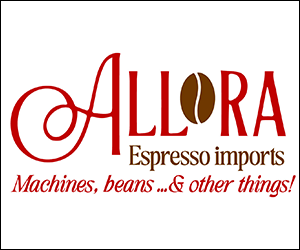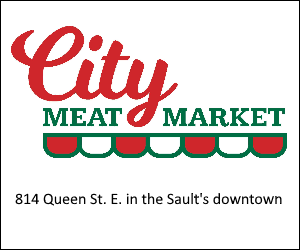Homeless Addiction Hub
The Ontario government is helping create safer communities and supporting people struggling with addiction and mental health issues in Sault Ste. Marie by building a new Homelessness and Addiction Recovery Treatment (HART) Hub.
Additionally, Maamwesying North Shore Community Health Services will also receive funding to provide culturally appropriate services to tribal members. These new hubs are part of the province’s plan to support safer communities by investing $529 million to create a total of 27 HART Hubs across the province while also banning drug injection sites from operating within 200 metres of schools and licensed child-care centres.
” I am very proud of this investment in providing resources and treatment to combat the addiction and homelessness crises. The HART hub will provide further guidance and support to the most vulnerable members of our community, and will make these supports more accessible and simple for those among us who are struggling.” said Ross Romano, MPP for Sault Ste. Marie.
Sault Ste. Marie’s HART Hubs, similar to existing hub models in Ontario that have successfully provided people with care, will reflect regional priorities by connecting people with complex needs to comprehensive treatment and preventative services. Planning efforts to create the HART Hub in Sault Ste. Marie and at Maamwesying are underway and the proposed services to be offered could include:
- Primary care
- Mental health and addictions services including counselling and psychotherapy, crisis services, Rapid Access Addictions medicine, detox, bed-based treatment referral, addictions medicine prescriber
- Peer supports
- Mental health and addictions supportive housing and shelter referral services
- Ontario Works/Ontario Disability Support Program case management
- Employment supports
- Justice system supports
- Access to Indigenous specific supports
- Services to meet basic needs
- Mental health and addictions services including traditional healing practices such as access to Elders, ceremonies, and land-based programs (including land-based detoxification)
Our government is helping more people get the treatment and support they need, when and where they need it, by taking the next step to improve access to mental health and addictions services,” said Sylvia Jones, Deputy Premier and Minister of Health. “Our investment to create a total of 27 new HART Hubs will keep communities safe and ensure timely and comprehensive access to mental health support, addiction care, primary care, supportive housing, and employment services, no matter where you live.”
The 18 new HART hubs locations, including in Sault Ste. Marie and Maamwesying, were chosen as a result of a provincewide call for proposals last summer. All HART Hubs will have the goal of being operational by April 1, 2025. Earlier this year, the province announced that 9 drug injection sites in Toronto, Ottawa, Hamilton, Kitchener, Guelph and Thunder Bay that are required to close due to being located within 200 metres of a school or licensed child-care centres have been approved for transition to a HART Hub. This brings the total number of HART Hubs across the province to 27, 8 more than initially planned.
“We are investing more than any government in Ontario’s history to create a nation-leading system of mental health and addictions care,” said Michael Tibollo, Associate Minister of Mental Health and Addictions. “The new HART Hubs will give people struggling with addiction the support and treatment services they need to achieve lasting recovery.”
Through Your Health: A Plan for Connected and Convenient Care and building on the Roadmap to Wellness, the province is taking action to connect individuals to integrated mental health and addictions services, where and when they need it.
QUICK FACTS
- To address the unique needs of communities across the province, Ontario is adding an additional 8 HART Hubs to the initial number earmarked, bringing the total to 27 new HART Hubs.
- The creation of HART Hubs is being done in partnership with the Ministry of Health, the Ministry of Municipal Affairs and Housing, the Ministry of Children, Community and Social Services, and the Ministry of Labour, Immigration, Training and Skills Development.
- With a focus on treatment and recovery, HART Hubs will not offer so-called safer supply, supervised drug consumption or needle exchange programs.
- Through the Community Care and Recovery Act, 2024, the province has prohibited municipalities and local boards from applying to Health Canada for an exemption for the decriminalization of drugs. The Act also prohibits municipalities and local boards from applying to Health Canada for funding or entering into an agreement with Health Canada in respect of safer supply services or applying for an exemption or renewal of an exemption to operate a supervised consumption site, without prior provincial approval.
- Through the Roadmap to Wellness, Ontario is investing $3.8 billion over 10 years to fill gaps in mental health and addictions care, create new services and expand programs.
- Through the Roadmap to Wellness, the Addictions Recovery Fund and other initiatives, the government recently made the following investments:
- $124 million over the next three years as part of Budget 2024 to sustain more than 380 addiction recovery beds and models of treatment like mobile mental health clinics.
- $152 million over three years for supportive housing to assist individuals facing unstable housing conditions and experiencing mental health and addictions challenges.
- More than $22 million over four years to create 10 new Youth Wellness Hubs that the government is adding to the network of 22 hubs already opened since 2020, bringing the total number of Youth Wellness Hubs to 32 across the province.
- More than $650 million in annual funding for the Homelessness Prevention Program and $41.5 million for the Indigenous Supportive House Program, which the government increased by $202 million annually in the 2023 provincial budget.
- Up to $16 million to support Police-Partnered Mobile Crisis Response Teams in over 50 communities across the province so that health care professionals can attend crisis situations.
- Over $60 million in annual funding to support Indigenous-led mental health, addictions and well-being supports that will help individuals, families and communities heal from the impacts of intergenerational trauma and colonization through culturally safe and responsive programs and services that are designed and delivered by and for Indigenous people.
QUOTES
“The mental health and addictions crisis has remained a foremost challenge for Sault Ste. Marie for far too long. While the HART Hub announcement does not mark the end of this struggle, it does represent a significant step forward by providing much-needed recovery and treatment services options. Thank you to the Province for recognizing the need for a HART hub in Sault Ste. Marie. I am deeply grateful to the thousands of community members who provided letters of support – the actions of these Saultites speak to the best qualities of our community: compassion, resilience and commitment to helping one another.” Matthew Shoemaker, Mayor for The City of Sault Ste. Marie.
“The District of Sault Ste. Marie Social Services Administration Board is thrilled to see this unprecedented investment into our area to address the ever-growing homelessness and addiction crisis. We would like to thank the province for recognizing this great need in our community and responding to our call. We are looking forward to working alongside all of our partners in both hubs to deliver programming that will support our most vulnerable populations and create healthier communities for all residents.” Stephanie Hopkin, DSSMSSAB Chair.
“This is great news for our communities to have an Indigenous-led HART hub. This service will fill an important gap for our members who need to make the journey of recovery” Allan Moffatt, CEO, Mamaweswen, The North Shore Tribal Council.
“The Canadian Mental Health Association Algoma, on behalf of all the partners who co-designed the proposal, are so very pleased that Sault Ste. Marie was one of the successful applicants for this very needed HART Hub. We will begin the work towards full implementation immediately, which will leverage our partnerships and enhance/expand local services for individuals experiencing intersecting struggles including homelessness, mental health and/or substance use and addictions. We thank the Ontario government for the funding, the City of Sault Ste. Marie for their leadership and advocacy, and all the partners and community members who sent letters and advocated for this much needed resource.” Annette Katajamaki, CEO, Canadian Mental Health Association.
“The announcement of a HART Hub in Sault Ste. Marie marks a significant step toward addressing the pressing challenges of addiction, homelessness, and mental health in our community. This investment by the Ontario government will provide crucial, accessible care and services to those most in need while fostering safer and healthier communities. At Sault Area Hospital, we are proud to collaborate with our partners to ensure that individuals facing complex challenges receive the comprehensive support they need.” Ila Watson, President and Chief Executive Officer, Sault Area Hospital.

